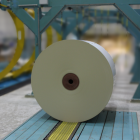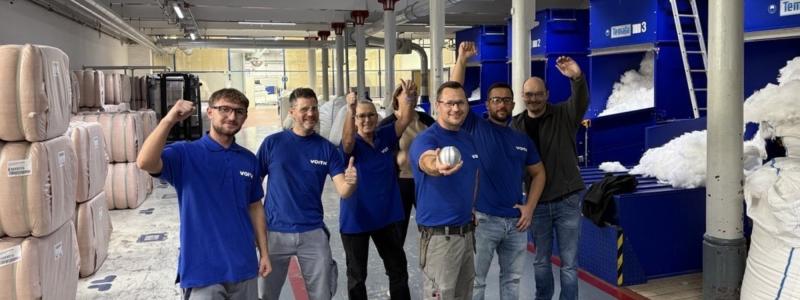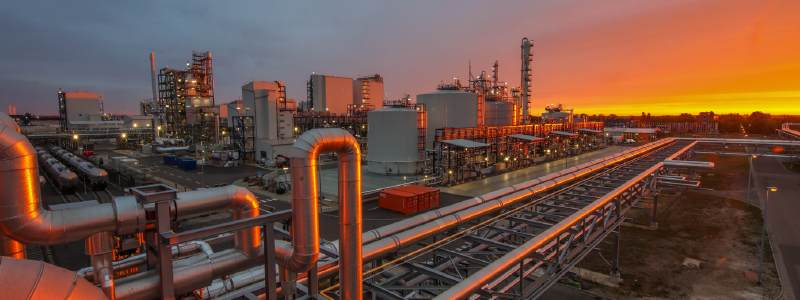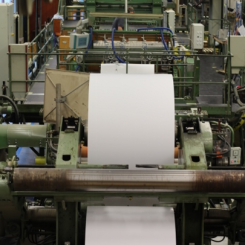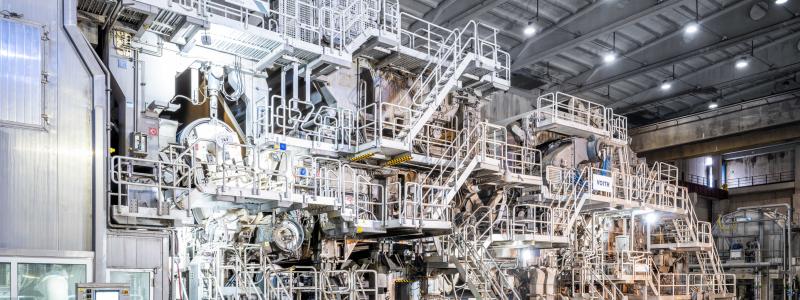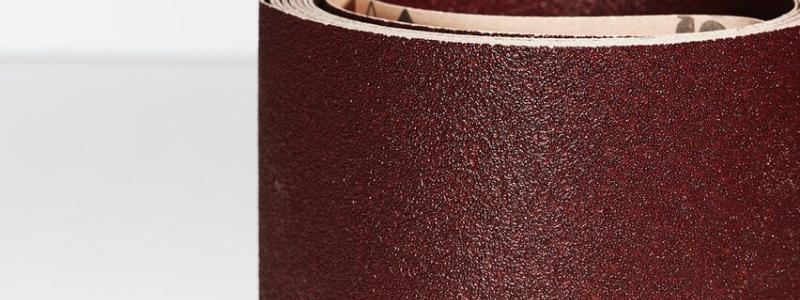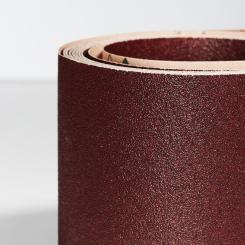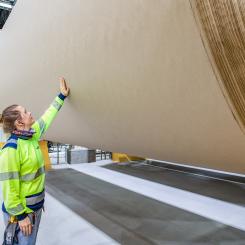Around seven million tons of edible food ends up in landfill in the UK each year, according to the Confederation of Paper Industries (CPI) Corrugated Sector. CPI is pleased to confirm that the packaging industry is playing its part in reducing waste with significant investment in preventative steps such as providing easier opening solutions, clearer date labelling and smaller pack sizes.
CPI also points to figures released by The Industry Council for Packaging and the Environment (INCPEN) on energy consumption in the food supply chain. INCPEN’s research shows that primary and secondary packaging makes up just 10% of the total energy used in feeding one person for a week (Table for One), a report on energy usage in the food supply chain) compared to 51% in the production stages and 31% for home storage and cooking.
Corrugated packaging is playing a pivotal role in supply chain sustainability by ensuring that more food reaches the consumer’s table as safely and efficiently as possible. Corrugated producers have invested heavily in moving from a brown box for goods in transit to a three-in-one shelf ready packaging solution comprising product protection, an advertising platform and merchandiser.
The advantages that corrugated are bringing to the supply chain are a result of continued investment in printing techniques, allowing greater product presentation on outer packaging which is proving a big hit with retailers.
ASDA’s supply chain director, Gavin Chappell, interviewed by The European Federation of Corrugated Board Manufacturers (FEFCO) website, said: “Corrugated packaging plays a crucial role throughout the supply chain from factory or farm to the supermarket and onwards. Its naturally cushioning qualities, customised information printed on the packaging for easy identification and easy opening improves the flow of products through the supply chain and avoids waste.”
Packaging materials to combat food waste are also being developed, with some supermarkets trialling corrugated board that utilises an ethylene-absorbing agent to slow down fruit and vegetable ripening to help them stay fresher for longer.
CPI’s Director of Packaging, Andy Barnetson, says that corrugated packaging’s protective qualities are supporting the food industry’s sustainability goals by keeping products fresher for longer, whereas reducing packaging could increase food waste.
He commented: “Diverting waste from landfill sites is very important. The Corrugated Industry is proud to use and promote a sustainable and renewable material, over 80% of which is recycled, saving an area of board the size of Greater London from landfill every four months.


